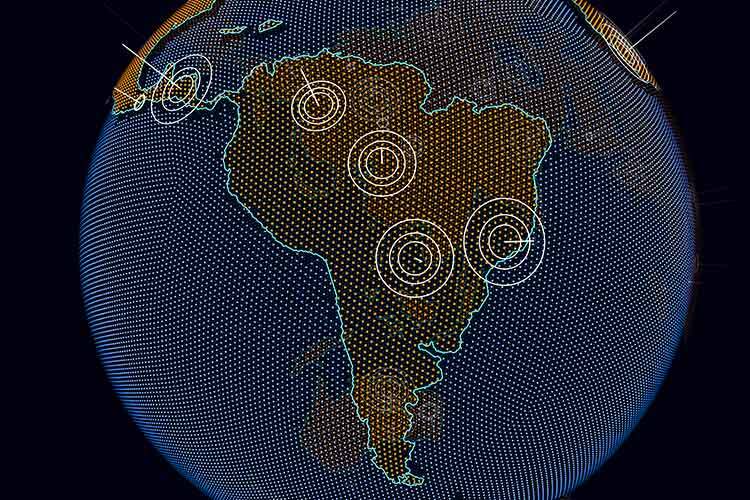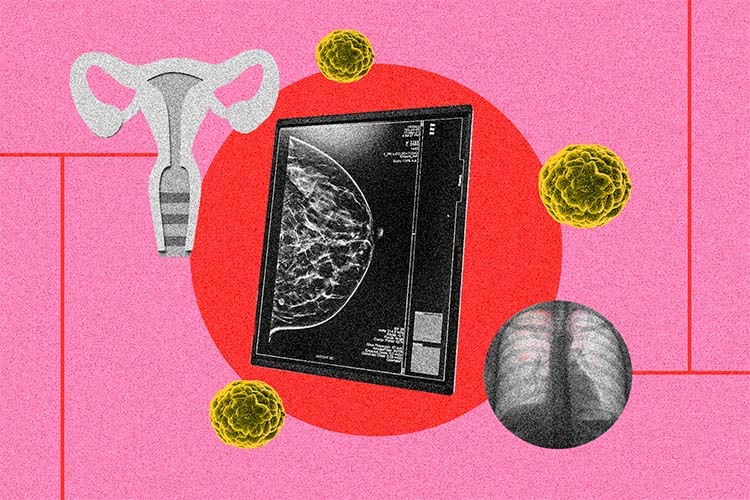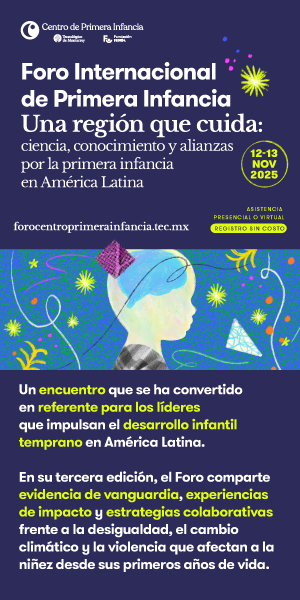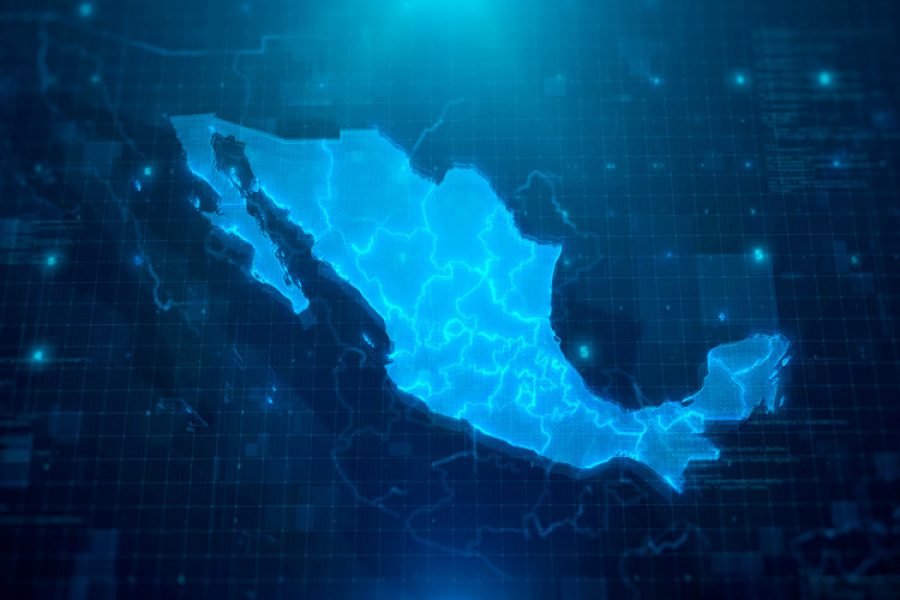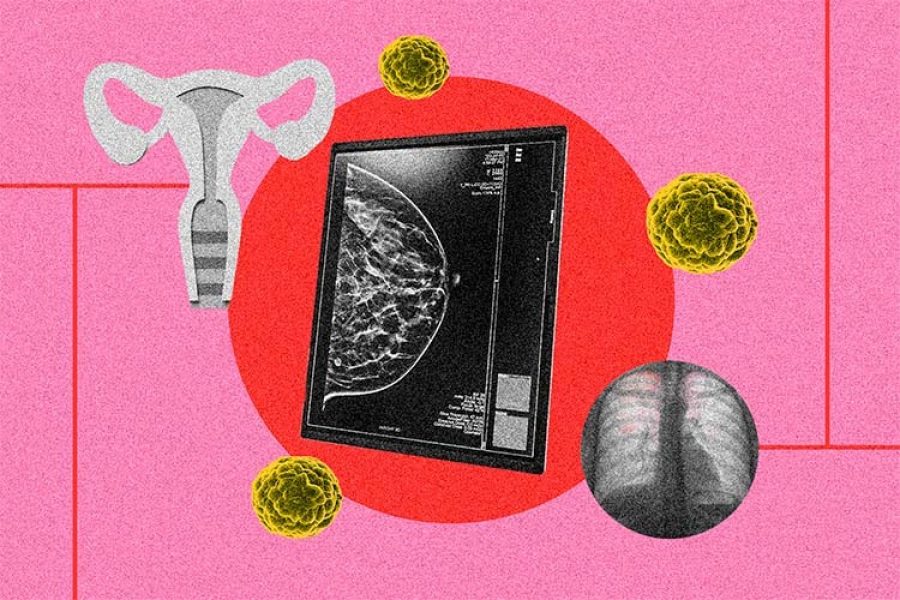By Héctor Arreola Ornelas, Michael Touchton y Felicia Marie Knaul
Latin America, a region home to only 8% of the world’s population, was disproportionately hit by the COVID-19 pandemic, accounting for 30% of global deaths by August 2022 (Knaul et al., 2022; García et al., 2020).
With its unique mix of governments, economies, and sociocultural contexts, this diverse region saw a fragmented and unequal response to the most severe health crisis of the 21st century.
This article explores how Non-Pharmaceutical Interventions (NPIs) to contain COVID-19 were implemented across different countries in the region, revealing a story of struggle, inequality, and lessons learned.
Since the first recorded COVID-19 case in São Paulo, Brazil, on February 25, 2020, the pandemic quickly spread throughout Latin America, exposing pre-existing vulnerabilities in public health systems and governance (Rodriguez-Morales et al., 2020).
Countries like Brazil and Mexico, two of the region’s largest economies, quickly became pandemic epicenters. These nations faced an extreme burden, with high mortality rates and healthcare systems on the brink of collapse (Burki, 2020).
Nonetheless, responses to the crisis varied widely across the region, with governments employing a broad spectrum of non-pharmaceutical interventions (NPIs) to effectively mitigate the virus’s spread. (Knaul et al., 2022).
Latin America’s Response
One of Latin America’s most notable responses to the pandemic was the diversity in implementing NPIs at the subnational level. This study presents a dataset documenting nine types of NPIs, including school closures, suspension of public events, travel restrictions, and more, applied in Argentina, Bolivia, Brazil, Chile, Colombia, Ecuador, Mexico, and Peru (Touchton et al., 2023).
The daily data collection revealed the evolving dynamics of these policies, highlighting each country’s capacity to adapt to the crisis (García et al., 2020).
In Brazil and Mexico, for instance, national governments chose to delegate responsibility for NPIs to state governments, resulting in uneven policy enforcement.
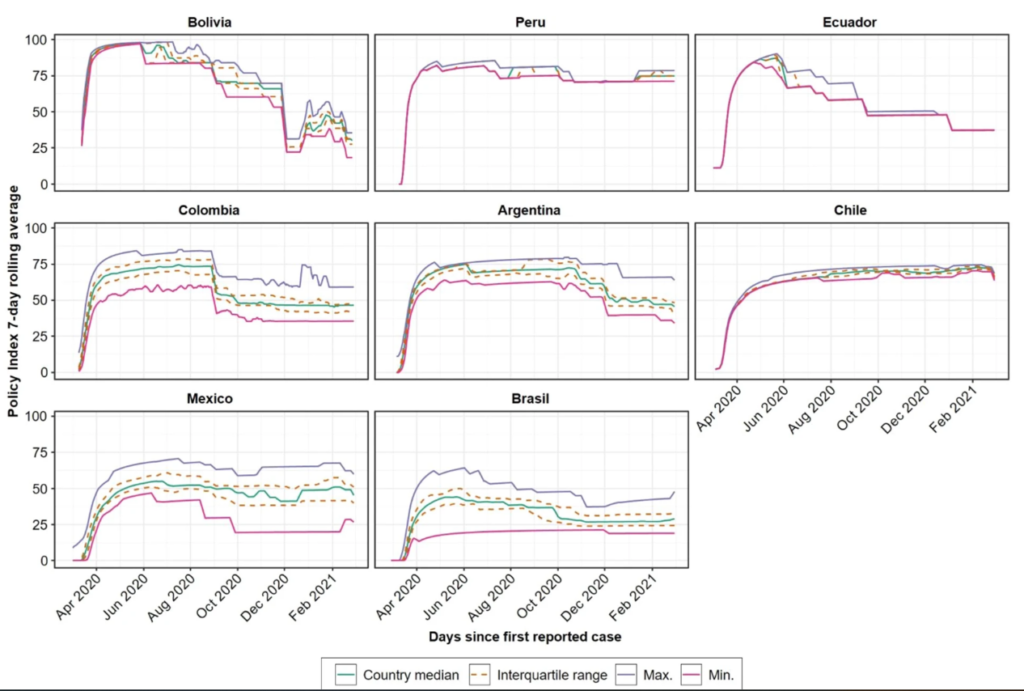
In Brazil, some states implemented strict measures, such as stay-at-home orders and school closures, while others took a more relaxed approach, prioritizing the economy over public health (Touchton et al., 2023; Burki, 2020).
Mexico faced similar fragmentation, with states like Mexico City imposing stricter restrictions while others adopted minimal policies. (Knaul et al., 2022). In contrast, countries like Chile and Peru adopted more centralized and stringent approaches, with national governments enforcing uniform measures across the country (Burki, 2020).
Chile, in particular, stood out for its rapid implementation of a mass vaccination program, which, combined with its strict NPIs, helped mitigate the pandemic’s impact compared to other countries in the region (García et al., 2020).
Public Policy Adoption Index
To evaluate and compare the effectiveness of these interventions, the Public Policy Adoption (PPA) Index was developed, a composite indicator summarizing the stringency and timing of NPI implementation at both national and subnational levels, based on the “Oxford COVID-19 Government Response Tracker (OxCGRT) 5.0” (Hale et al., 2020).
This index enabled comparisons between countries and provided insights into variations within individual nations, emphasizing regional disparities in pandemic responses (Touchton et al., 2023).
The PPA showed that countries that swiftly enacted stricter NPIs were markedly more successful in curbing the spread of the virus. (Touchton et al., 2023).
However, delayed implementation or premature relaxation of measures, driven by economic and political pressures, led to significant resurgences of cases and deaths in many areas (García et al., 2020; Touchton et al., 2023).
This was particularly evident in Brazil and Mexico, where inconsistent policies and a lack of centralized coordination worsened the crisis (Knaul et al., 2022; Touchton et al., 2023).
Accurate Data in Decision-Making
The study underscores the critical importance of coordination and evidence-based responses in public health emergencies (García et al., 2020).
The fragmentation in NPI implementation across Latin America highlights the need to strengthen governance systems at the subnational level, ensuring that policies are coherent and effective nationwide, especially during times of crisis (Knaul et al., 2022).
Additionally, the pandemic has demonstrated the importance of having accurate, up-to-date data to inform decision-making (Touchton et al., 2023).
The database established by this study enables a comprehensive examination of the pandemic response in Latin America and serves as an essential resource for future research and preparedness (Touchton et al., 2023).
The findings suggest that governments must invest in building robust information systems that can rapidly respond to emerging crises, ensuring that policy decisions are based on the best available evidence (García et al., 2020; Touchton et al., 2023).
Lessons Learned
The catastrophic impact of COVID-19 in Latin America was intensified by uneven and, in many instances, ineffective policy responses. Despite this tragedy, crucial lessons have emerged regarding the importance of planning and coordination in public health crisis management (Knaul et al., 2022).
This study lays a strong foundation for understanding how NPIs can be implemented more effectively in the future, in Latin America and on a global scale (Touchton et al., 2023).
The legacy of COVID-19 in the region is a stark reminder of the need to be better prepared for future pandemics, with more resilient healthcare systems and public policies that protect the most vulnerable populations (García et al., 2020).
As Latin America moves forward, the lessons learned from this crisis will be critical in building a safer and healthier future for all (Touchton et al., 2023).
References
- Burki, T. (2020). COVID-19 in Latin America. Lancet Infect Dis, 20, 547-548.
- García, P. J., Alarcón, A., Bayer, A., Buss, P., Guerra, G., Ribeiro, H., … & Atun, R. (2020). COVID-19 response in Latin America. Am J Trop Med Hyg, 103(5), 1765-1772.
- Hale, Thomas, Thomas Boby, Noam Angrist, Emily Cameron-Blake, Laura Hallas, Beatriz Kira, Saptarshi Majumdar, Anna Petherick, Toby Phillips, Helen Tatlow, Samuel Webster (2020). Oxford COVID-19 Government Response Tracker, Blavatnik School of Government. Available: www.bsg.ox.ac.uk/covidtracker
- Knaul, F. M., Arreola-Ornelas, H., Porteny, T., Touchton, M., Méndez, O., & Garcia, P. J. (2022). Strengthening health systems to face pandemics: subnational policy responses to COVID-19 in Latin America. Health Affairs, 41(3), 454-462.
- Rodriguez-Morales, A. J., Gallego, V., Escalera-Antezana, J. P., Méndez, C. A., Zambrano, L. I., Franco-Paredes, C., … & Suárez, J. P. (2020). COVID-19 in Latin America: The implications of the first confirmed case in Brazil. Travel Medicine and Infectious Disease, 35, 101613.
- Touchton, M., Knaul, F. M., Arreola-Ornelas, H., et al. (2023). Non-pharmaceutical interventions to combat COVID-19 in the Americas described through daily sub-national data. Scientific Data, 10(751).
NOTE: This is a summary of the article: Touchton, M., Knaul, F. M., Arreola-Ornelas, H., et al. (2023). Non-pharmaceutical interventions to combat COVID-19 in the Americas described through daily sub-national data. Nature Scientific Data, 10(751).
Authors
Héctor Arreola Ornelas. He holds a degree in Economics from the Autonomous Technological Institute of Mexico and a Master’s in Health Economics from the Center for Research and Teaching in Economics and the National Institute of Public Health. He is a research professor in the public policy unit at the Institute for Obesity Research and the School of Government and Public Transformation at Tecnológico de Monterrey. He is also a visiting professor at the Institute for Advanced Studies for the Americas at the University of Miami and the Executive Director of Tómatelo a Pecho A.C.
Michael Touchton. Ph.D. and Master’s in Political Science from the University of Colorado and a Bachelor’s in Political Science and International Studies from the Polytechnic Institute and Virginia State University. He is an associate professor of political science and director of the Global Health Faculty at the Institute for Advanced Studies of the Americas at the University of Miami.
Felicia Marie Knaul. Ph.D. in Economics from Harvard University and a Bachelor’s in Economics and International Development from the University of Toronto. She is the director of the Institute for Advanced Studies of the Americas and a professor at the Miller School of Medicine at the University of Miami. She is also the founding president of Tómatelo a Pecho A.C. in Mexico.
